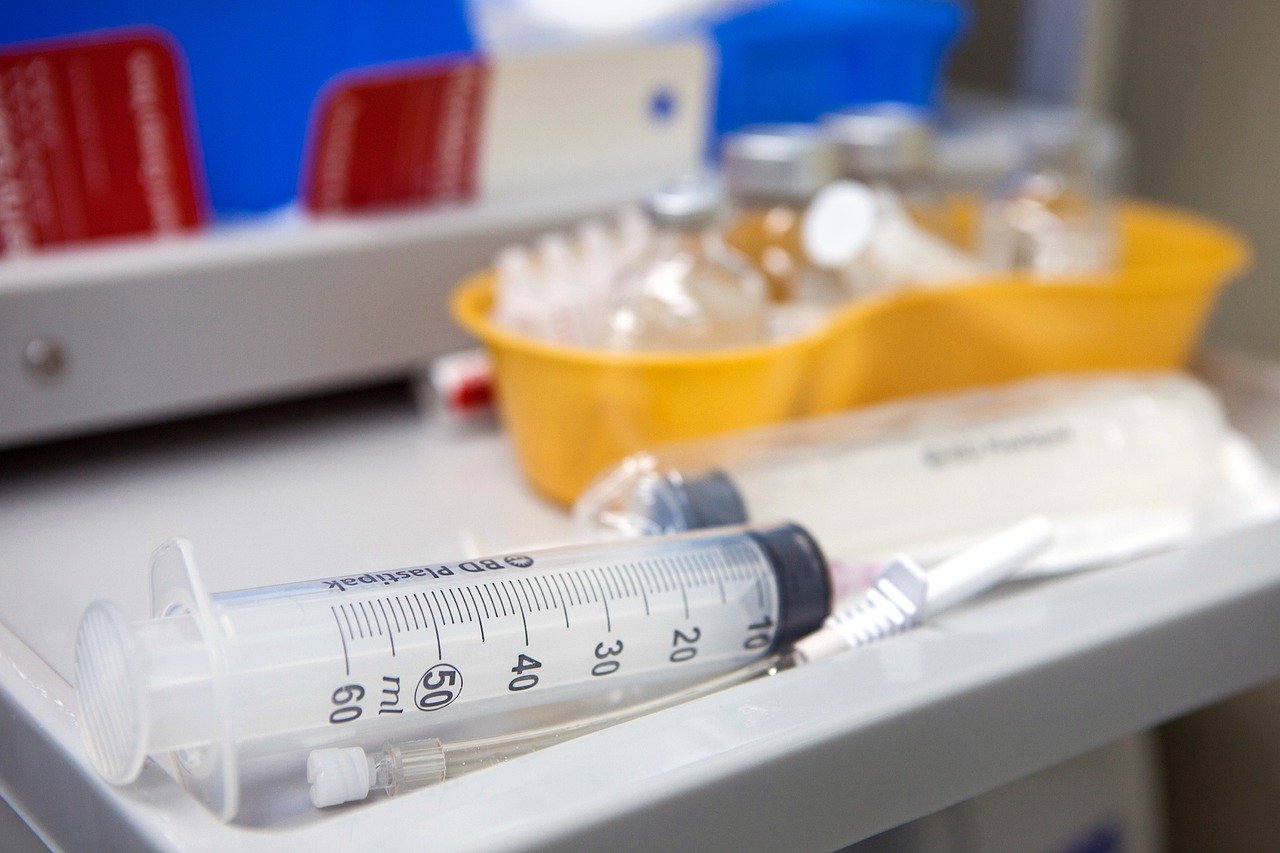More than 150 infants and pregnant women have been administered incorrect vaccines since the rollout of newly approved RSV vaccines for adults and the monoclonal antibody nirsevimab for babies and young children, the Centers for Disease Control and Prevention (CDC) said.
According to current guidelines, all infants younger than eight months, who are born during or entering their first Respiratory Syncytial Virus (RSV) season are advised to receive Nirsevimab (Beyfortus), a preventive RSV antibody. Nirsevimab is also recommended for some children between the ages of 8 months and 19 months who are at increased risk for severe RSV disease and entering their second RSV season.
Pregnant women are recommended to receive Pfizer’s Abrysvo vaccine during 32 to 36 weeks to protect their infants from RSV infection, while adults aged 60 and above require two RSV shots, using GSK’s Arexvy and Pfizer’s Abrysvo.
However, according to the CDC’s Vaccine Adverse Event Reporting System (VAERS), 25 cases of accidental administration of Pfizer (Abrsyvo) or GSK (Arexvy) RSV vaccines to children under two have been reported. Moreover, there have been 128 reported cases of mistakenly administering the GSK RSV vaccine (Arexvy) to pregnant women.

“As of January 17, 2024, the number of reports received by VAERS suggests that these types of errors are uncommon in young children less than 2 years of age (25 reports) and pregnant people (128 reports) relative to an estimated 1 million infants protected from RSV either through infant receipt of nirsevimab or through vaccination of pregnant people,” the CDC said in a news release.
“RSV vaccines (Pfizer Abrysvo, GSK Arexvy) are NOT approved for use in infants or young children. Pfizer (Abrysvo) is the only RSV vaccine recommended for pregnant people. The GSK RSV vaccine (Arexvy) is NOT approved for use during pregnancy,” the agency cautioned.
Administration errors in young children were most common in infants below eight months of age and mainly occurred in outpatient settings such as doctor’s offices. Additionally, errors in the GSK RSV vaccine (Arexvy) in pregnant women also happened in pharmacies. However, the majority of these error reports did not involve any adverse events, the CDC said.
The agency recommends healthcare professionals who have mistakenly administered either the Pfizer (Abrysvo) or GSK (Arexvy) RSV vaccine to infants and young children should administer the patients a dose of nirsevimab.
However, the pregnant women who received the GSK RSV vaccine (Arexvy) instead of Abrysvo should not be given another dose of the right vaccine. Instead, the babies born to them should receive nirsevimab if they are younger than eight months during RSV season.
Healthcare professionals are requested to report vaccine administration errors to VAERS.









